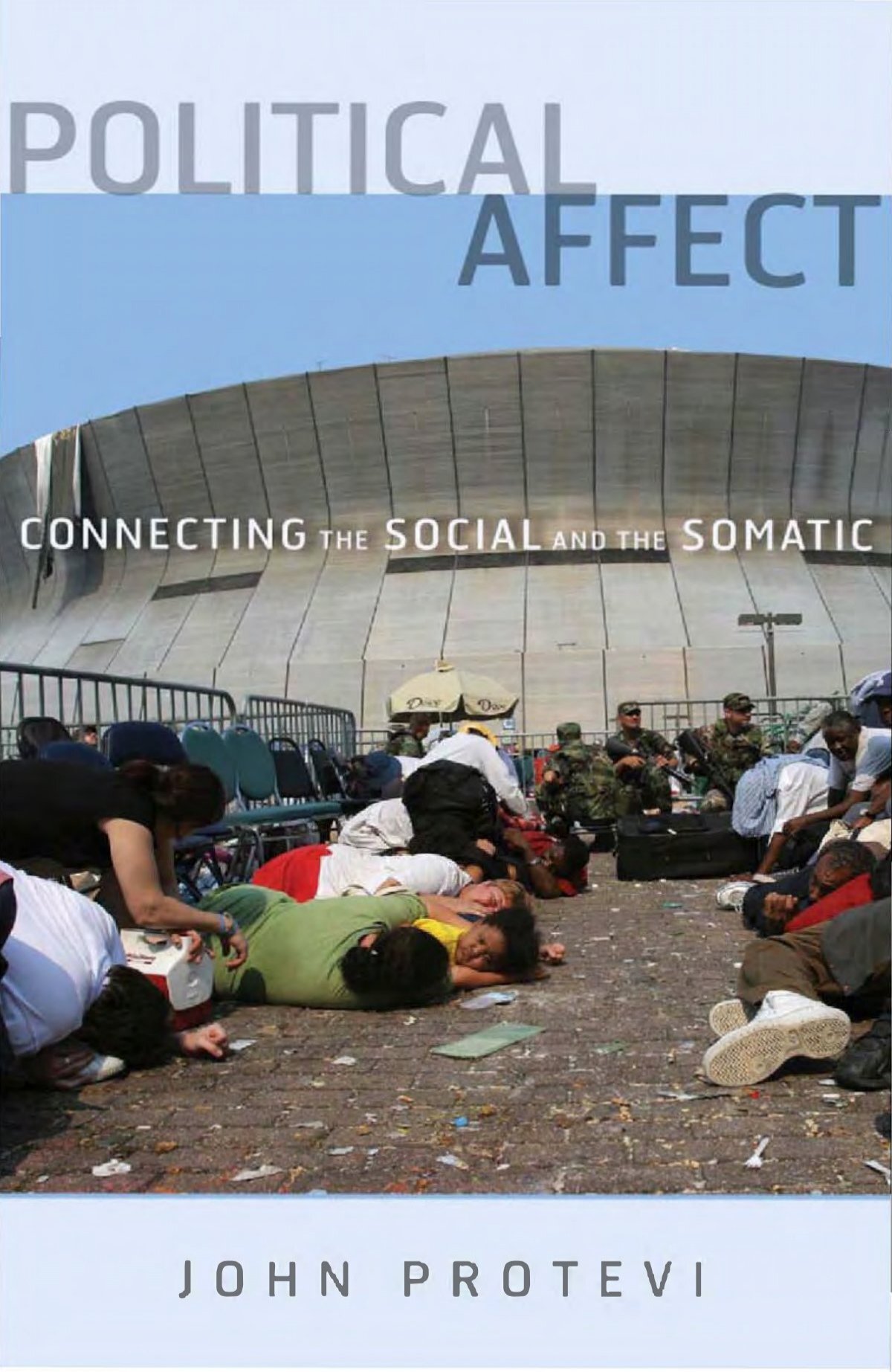
René Descartes is frequently recognized for his impact on philosophy, especially as the “father of modern philosophy,” but his influence penetrates deeply into the sciences, notably mathematics, optics, physics, and astronomy. Descartes’ engagement with these fields uncovers a sophisticated relationship between his philosophical ideas and scientific explorations.
Although primarily acknowledged for his philosophical input, Descartes formulated important scientific theories, which, while later eclipsed by luminaries like Isaac Newton and Christiaan Huygens, established essential groundwork for later inquiries. Newton, during his initial research in physics and astronomy, initially regarded Descartes as an exemplar, only to later contest his theories, further illustrating the importance of Descartes’ influence despite the eventual dismissal of some of his concepts.
Descartes’ shift towards the corpuscular mechanical philosophy commenced following his encounter with Isaac Beeckman. His experiences in the military and travels across Europe contributed to the strengthening of his scientific methods. Between 1629 and 1633, Descartes composed a comprehensive scientific and philosophical account of the universe in a work entitled “Le monde,” though its publication was delayed due to Galileo’s censure by the Church over heliocentric beliefs. In spite of this opposition, aspects of this work surfaced in his subsequent publications, highlighting critical stages in the evolution of his theories.
With “Principia Philosophiae,” Descartes supplanted Aristotelian ideas with his own philosophies. He asserted a universe comprised of matter in motion, where interactions were governed by direct contact. Descartes viewed space as occupied by particles that enabled motion through a mechanical framework. His trio of laws of motion, although later overshadowed by Newton’s laws, contributed to the period’s comprehension of physical dynamics. His inquiries also ventured into cosmology with his vortex theory, postulating celestial mechanics driven by revolving matter—a notion that stood in contrast to Newtonian gravitational principles.
Descartes opposed the concept of the void, supporting a plenum filled with matter categorized into three elements. This viewpoint was fundamentally mechanical, resonating with contemporary philosophical trends that favored concrete, interaction-based explanations over metaphysical or occult forces, like Newton’s later gravitational theory. Descartes’ deterministic model opened the door for speculative notions regarding planetary motion within vortex structures, which, despite being subsequently rejected, showcase his profound involvement in offering mechanical rationalizations for natural occurrences.
His methodologies and claims, despite being debated and eventually superseded, highlight the vibrant phase in the history of science where empirical observation began to merge with philosophical understanding. Descartes’ efforts to mechanize and rationalize cosmic and physical processes laid the groundwork for the mechanistic perspective of the universe that became essential for future scientific exploration, rendering his contributions pivotal to the narrative of both philosophy and science.